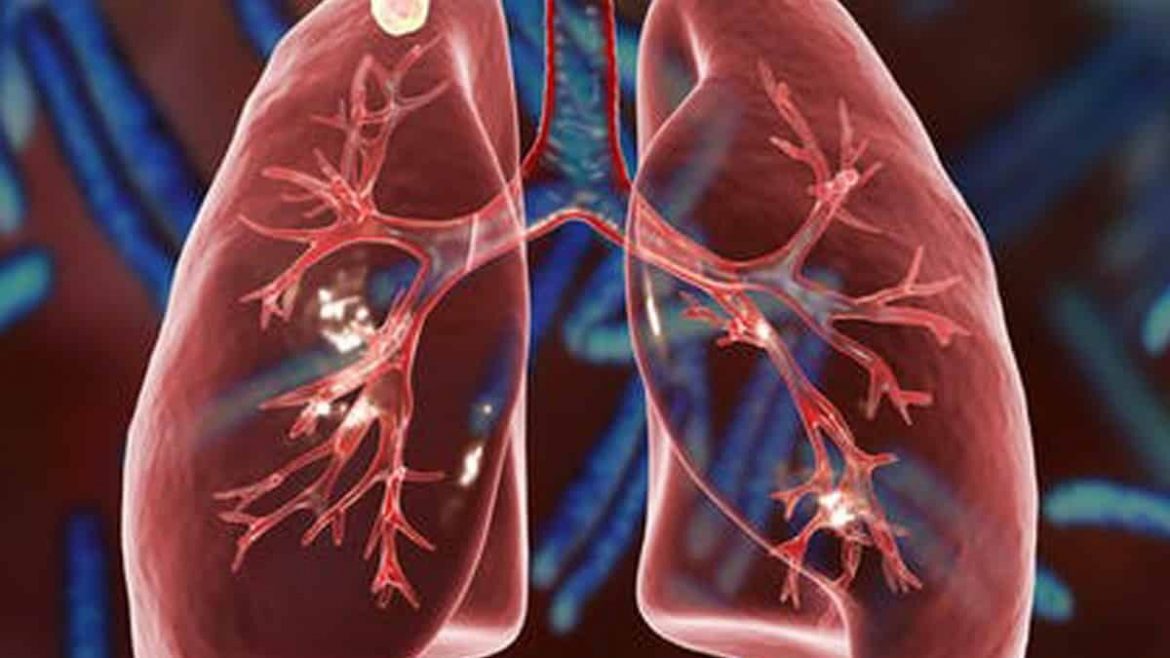After 14 months, there is a 70-80% chance that non-small cell lung cancer, one of the two main forms of lung cancer, would develop resistance to the pharmacological therapy used to treat it. If this occurs, there aren’t many known treatment options.
Raghuraman Kannan, the Michael J. and Sharon R. Bukstein Chair in Cancer Research at the University of Missouri School of Medicine, is dedicated to finding a cure for cancer. “We want to figure out why people are developing resistance to the therapeutic substance and how we might help them overcome that difficulty,” he says.
The researchers had previously uncovered two genes linked to the formation of this drug resistance.
With the help of this award, researchers will be able to put their resistance-fighting approach to the test.
Kannan noted that their technique blends protein-based nanoparticles with the biological mechanism RNA interference (RNAi). The nanoparticles will securely transfer the RNA to the cancerous tumour, thereby halting resistance. As a result, the cancer will be more vulnerable to the effects of the first pharmaceutical therapy.
“We have something called a silencing RNA (siRNA) through RNAi,” he explained. “As the name implies, it silences the gene of interest, which in this case are the two genes responsible for drug resistance.” However, siRNAs are naturally unstable in blood.
As a result, we must devise a method to deliver this siRNA to the [cancer] tumour. This is where the nanoparticle comes into play.”
Kannan has created similar nanoparticle-based drug delivery systems to provide therapy for ovarian, breast, pancreatic, and liver cancers. He holds seven patents and has written more than 55 articles. He mentioned that his ultimate goal is to make the work more accessible so that doctors can use it to help more patients.





